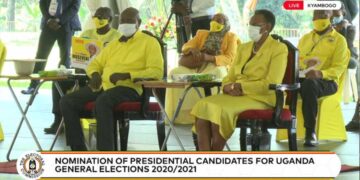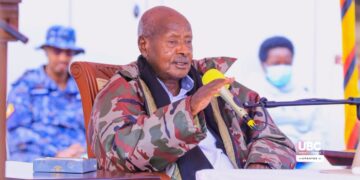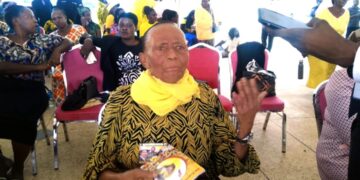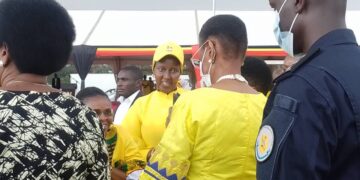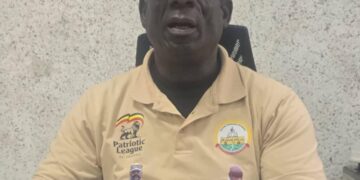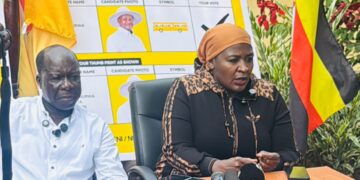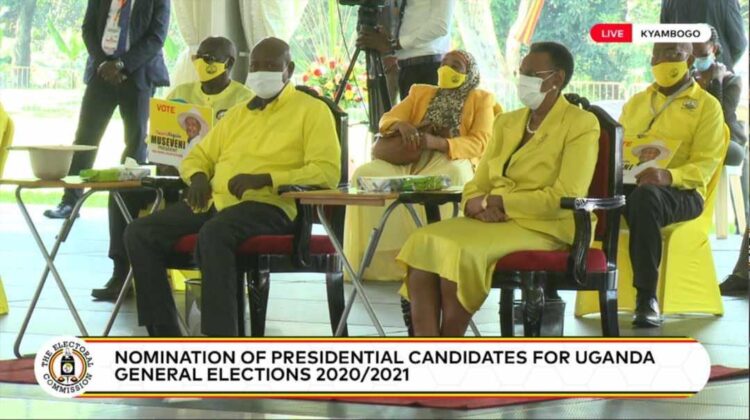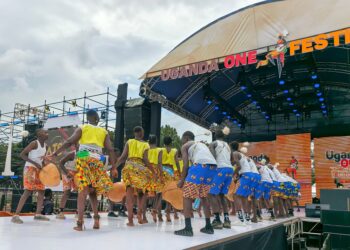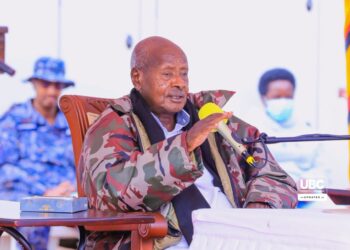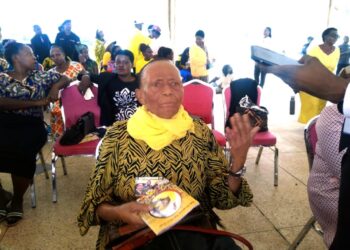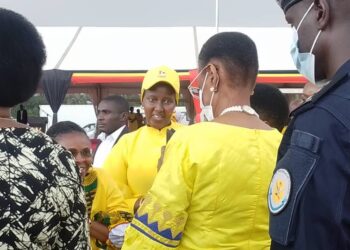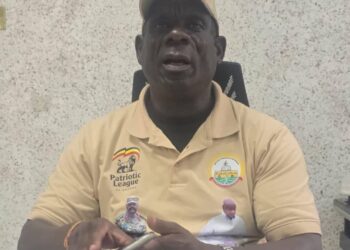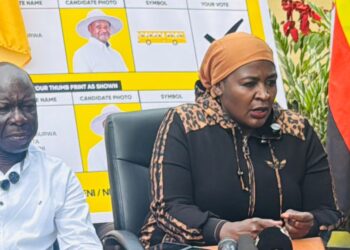By Leonard Kamugisha Akida,
NATIONAL
Uganda’s major political parties have sparked a wave of concern and protest after unveiling hefty nomination fees for candidates seeking to contest in internal primaries ahead of the 2026 general elections.
The ruling National Resistance Movement (NRM) announced over the weekend that aspirants seeking the party’s presidential flag must pay Shs20 million, while parliamentary aspirants are required to pay Shs3 million. Local government positions such as Lord Mayor and City Councillor will attract fees ranging from Shs1.5 million to Shs500,000 respectively.
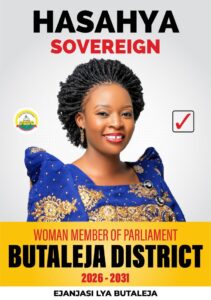
The Democratic Party (DP) followed with its own figures: Shs10 million for presidential aspirants and Shs5 million for parliamentary candidates. The Uganda People’s Congress (UPC) unveiled identical presidential nomination fees of Shs20 million, arguing that serious candidates must demonstrate financial muscle.
“If you can’t pay the 20 million nomination fee, how will you spend over 20 billion shillings to campaign nationwide?” Hajji Kazimbiraine Mahmoud, UPC Electoral Commission chairperson, asked during Monday’s announcement.
Meanwhile, the Forum for Democratic Change (FDC) offered a contrasting approach, maintaining relatively modest nomination fees: Shs5 million for presidential aspirants, Shs100,000 for MPs, and even lower fees or none at all, for lower positions.
Young Aspirants Cry Foul
The move has been met with dismay, particularly from young political hopefuls, who say the fee is a deliberate move to knock them out of participating in political activities in the country.
“This is an outright lockout of young capable leaders, and a betrayal to our roots capable leaders,” said Prossy Namboowa, Namboowa prossy, Youth councillor luwero town council (DP) and town council deputy speaker.
“Young aspirants brimming with ideas and passion cannot afford these inflated costs, effectively silencing their voices,” Namboowa said, calling for electoral reforms on campaign financing laws and an independent electoral commission to curb commercialization of elections.
Sovereign Hasahya, aspiring woman MP for Butaleja district (NRM), said the high fees symbolize a deeper problem of commercialization of politics in Uganda.
“It is a challenge, of course, especially to young people, especially fresh university graduates who don’t have jobs, and wants to serve their community that unless you have millions of shillings, your dreams are invalid. They want to lead, they have ideas, but have no money,” Sovereign said.
Although Sovereign believes high nomination fee affects youth political inclusion, innovation, and renewal, she says this is a new norm the youth should prepare for, and called for citizens funded political campaigns as it is a case in other countries like US.
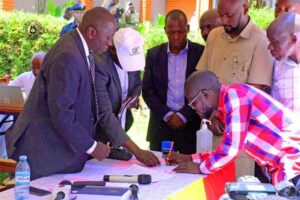
“It is the reality on ground. So there’s no way we can run away from it,” she said. ”
“We need to encourage electorates, our friends and different people to always offer support to potential candidates to represent them, just like in outside countries whereby candidates have donors from different organizations, and companies who support their campaigns.”
For Yasin Karigita Owomugisha, Ruhinda County MP Aspirant in Mitooma district, the hike in nomination fee risks sidelining many talented young people from politics.
“This may favor the wealth over merit, likely to leading to underrepresentation of youth voices which undermines democratic processes,” Owomugisha said calling for alternative funding options or support systems to help level the playing field.
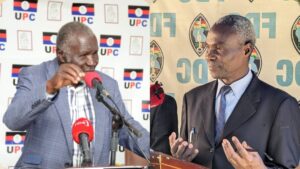
Analysts Warn of Elite Capture
Political analysts, Civil Society Organizations (CSOs) have also voiced concerns, warning that prohibitive nomination fees risk narrowing political space to a wealthy elite.
Dr. Gerald Walulya, an academic and political scientist, says the trend entrenches money politics and undermines democratic participation.
“Political leadership becomes the preserve of the rich,” Dr. Walulya said. “We are creating a system where merit, ideas, and public service are secondary to wealth accumulation. Eventually, this increases voter apathy and distrust in political systems.”
At a meeting with Secretary Generals of political parties and officials from the Electoral Commission at the EOC headquarters in Kampala on Tuesday, Safia Nalule Juuko, the Chairperson of Equal Opportunities Commission (EOC) said that exorbitant fees could drive potential candidates, particularly women, youth, and marginalized groups out of the race even before it begins.
“This nomination fee may not be afforded by someone who is just joining politics,” Nalule noted. She urged political parties to reconsider the high nomination and campaign fees required of aspirants seeking elective positions.
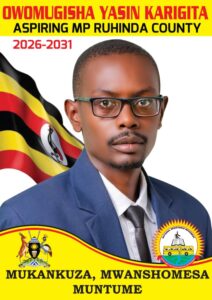
Additionally, the National Unity Platform (NUP) Secretary General, David Lewis Rubongoya opposed the idea of increasing nomination fee barricades the youth and already financially struggling politicians from participating in electoral processes.
“The irony is that most of Uganda’s population is youthful, but these financial barriers mean their representation is structurally limited,” he said.
Different Parties, Different Philosophies
The sharp contrast between parties’ nomination fee structures also highlights varying political strategies. While the NRM and UPC defend their high fees as a means of filtering unserious candidates and raising operational funds, FDC’s low fees reflect a deliberate effort to widen participation.
Some parties, including the National Unity Platform (NUP), Justice Forum (JEEMA), and People’s Progressive Party (PPP), are yet to declare their nomination fees, but many political observers believe the trend toward high financial thresholds will persist.
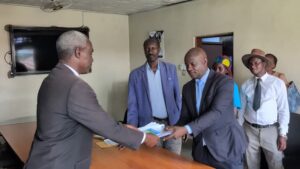
As the country inches closer to the 2026 general elections, the debate over nomination fees is poised to intensify. For now, young Ugandans like Brenda Atuheire – Ruhinda South constituency MP Aspirant face a grim reality: political ambition may be abundant, but so too is the price of participation.
“Much as the government is encouraging young people to take part in issues pertaining the governance of their country, such unrealistic requirements are going to hinder them.It is one sure way of eliminating them from elective politics,” Atuheire argued.
